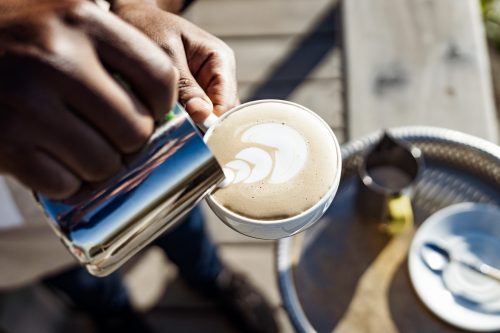
I first met Ritesh Doshi at Angama Mara in October last year when we were both at the lodge on holiday. My partner, Matt, and I would run into Ritesh and his wife after game drives or before meals as you so often do on safari. We spoke about his return to Kenya after studying and working abroad and his sale of a successful pizza delivery venture which allowed him to start a new business that he was most passionate about - coffee.
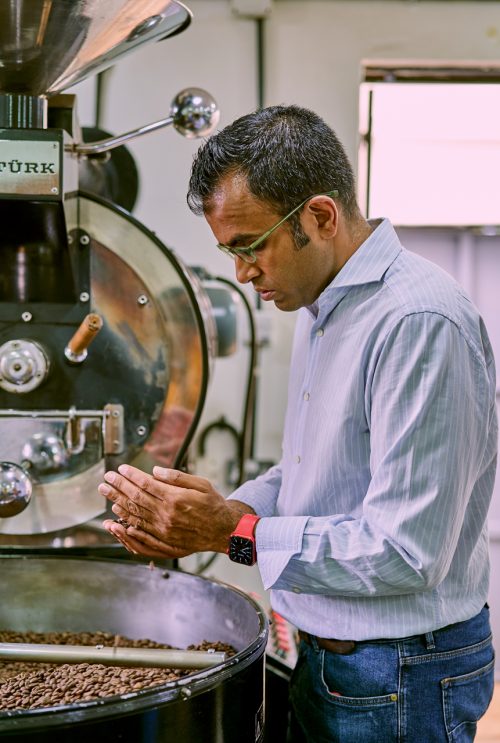
Fast forward a few months and I found myself on my way to Nairobi to meet Ritesh at his company, Spring Valley Coffee, as it had recently become the coffee supplier to the lodge and I had joined Angama’s marketing team. Part of the agenda was to “road test” some experiences in Nairobi that we were launching for Angama Safaris travellers who want to venture a bit further in exploring the bustling city. When I saw Spring Valley on my itinerary, I had to smile as life always has a way of connecting the dots.
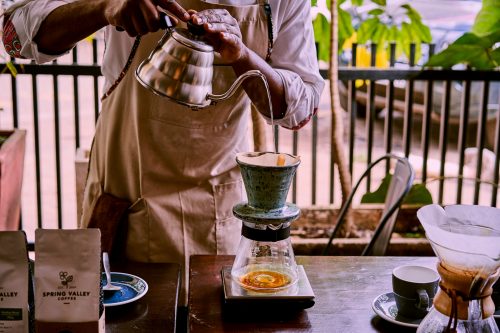
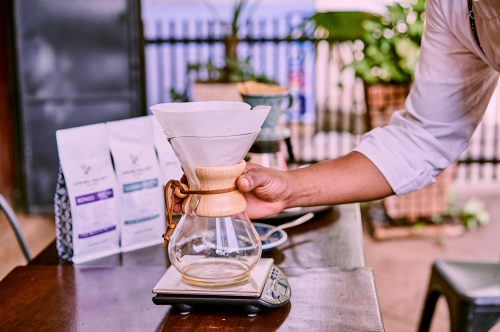
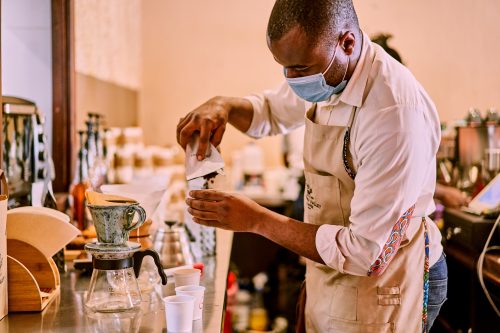
When I pulled up to Spring Valley’s roastery and café (its first location and today its flagship) I was sure I had the wrong address. Located at the end of a strip mall kitty-corner to a gas station (a shopping centre opposite a petrol station, for our non-US readers), it’s a testament to what Ritesh has created here. Founded in 2009 to celebrate Kenyan coffee, Spring Valley Coffee uses only 100% Kenyan beans grown applying artisanal methods. Originally just a neighbourhood coffee shop small-batch roasting beans by hand every day, Spring Valley has grown into a small collection of cafés around Nairobi, a roastery for other brands, and supplier to leading hotels, safari lodges, restaurants and even grocery stores for devotees to enjoy at home.

After offering me a cup of coffee right away (naturally), Ritesh asked if we could jump in the car and take a 10-minute drive. “The story really starts here,” he said as we pulled up to an unassuming mass of coffee bushes along the side of the road. Jumping out to walk the rows looking for the fruit that will eventually produce beans, Ritesh explained Spring Valley was once a collection of coffee farms on the outskirts of Nairobi and one of the reasons he chose to open his first café there. After a brief history of coffee production in Kenya and the impressive coffee auctions that take place in town, we headed back to the roastery for a full demonstration of the life cycle of a bean.
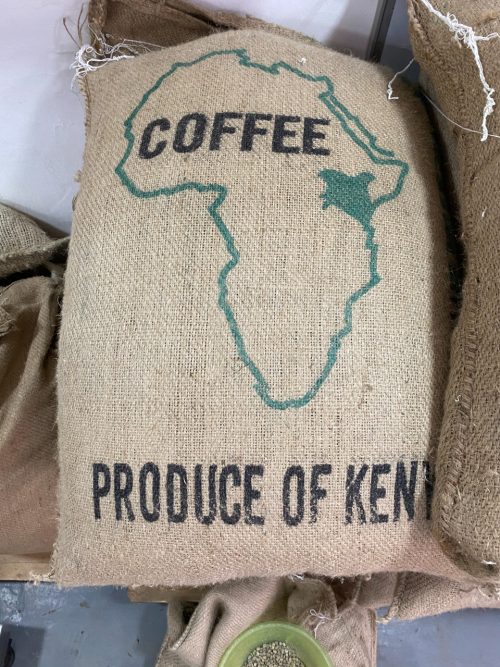
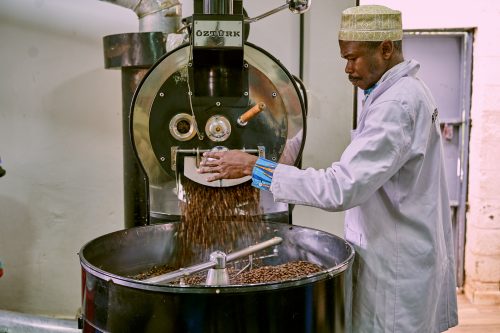
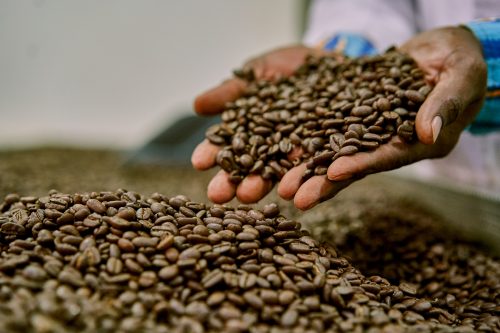
We witnessed both the ancient ritual and modern industrial aspects of coffee production; the washing, sorting, and grading, and the roasting, cooling and packaging. Watching Mohammed, the head roaster along with his team of Godwin and Fred, work their magic with the beans felt hypnotic, the result of decades-old techniques mixed with years of daily trial-and-error. Of course, no visit would be complete without a proper tasting. We sampled the same beans brewed through different methods, looking for the differences. I know my way around French press and have dabbled with a Bialetti and a Chemex, but had never before tried the V60 Dripper (the newest advancement in pour-over. It's so smooth). For those curious, Ritesh’s preferred brewing method is French Press, “I’m old school”.
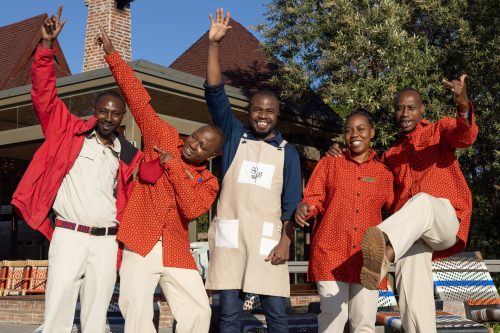

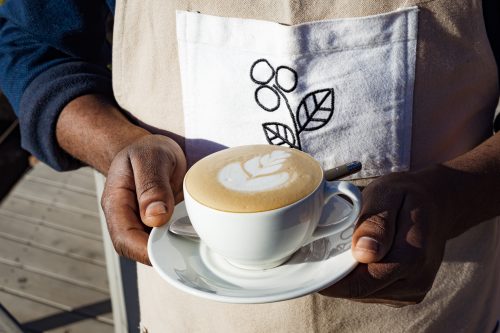
Spring Valley recently hosted a barista training for the butler team at Angama Mara. Led by one of the trainers, Dalmas Mugailwa, it begins with knowing the right bean for the right style of coffee. Then, more technical questions: how long to steep plunger coffee? How much hot water to use for an Americano? When I asked some of the team how it went, they were excited to demonstrate their sharpened skills. James Sadera was confident he had perfected his French press while Boniface Wesonga noted his espresso/milk/foam ratios in a cortado vs. a cappuccino vs. a flat white were on point.
Next time you wake up at the lodge you’re in for a treat.
If you’re interested in visiting Spring Valley or any of our other Nairobi Under the Hood local experiences, please get in touch with the Angama Safaris team.
Filed under: East Africa Travel
Subscribe for Weekly Stories
Comments (0):
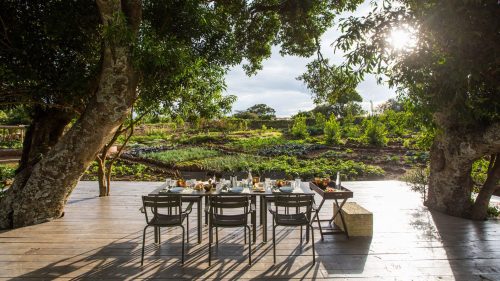
The Angama Shamba